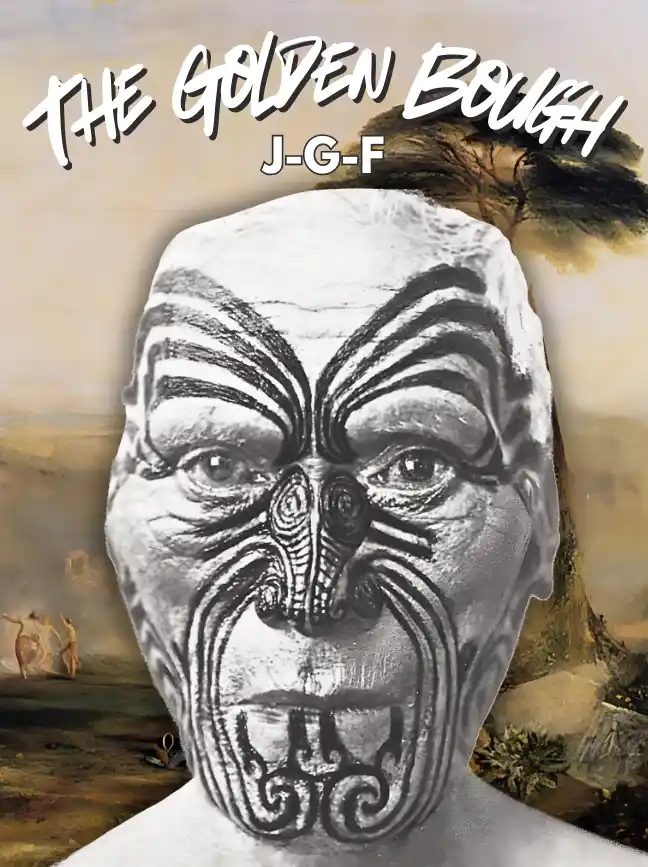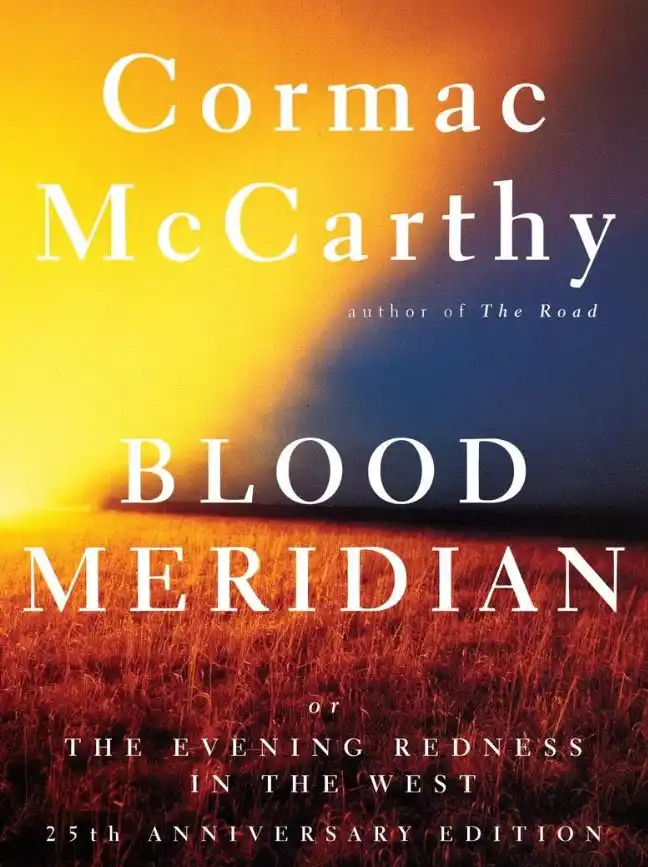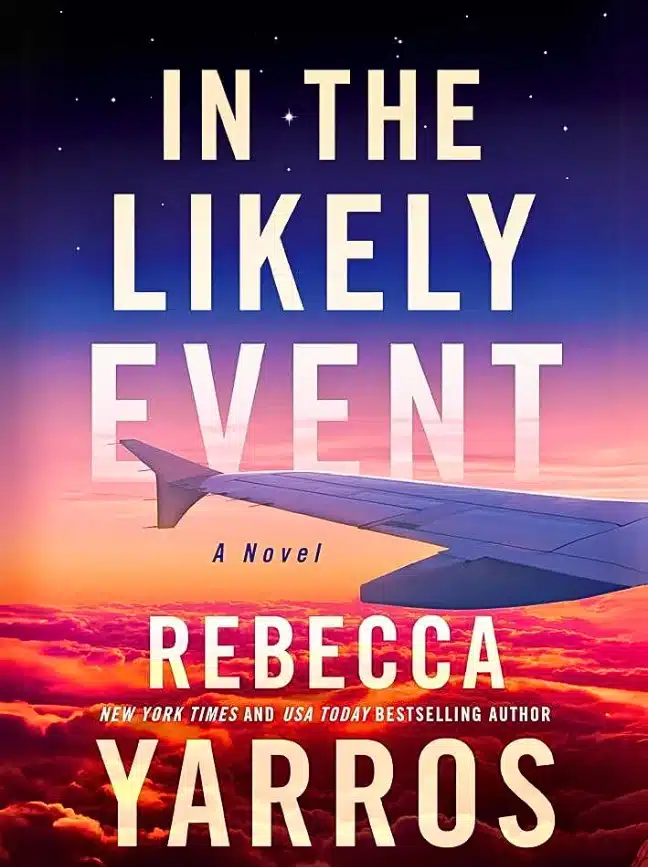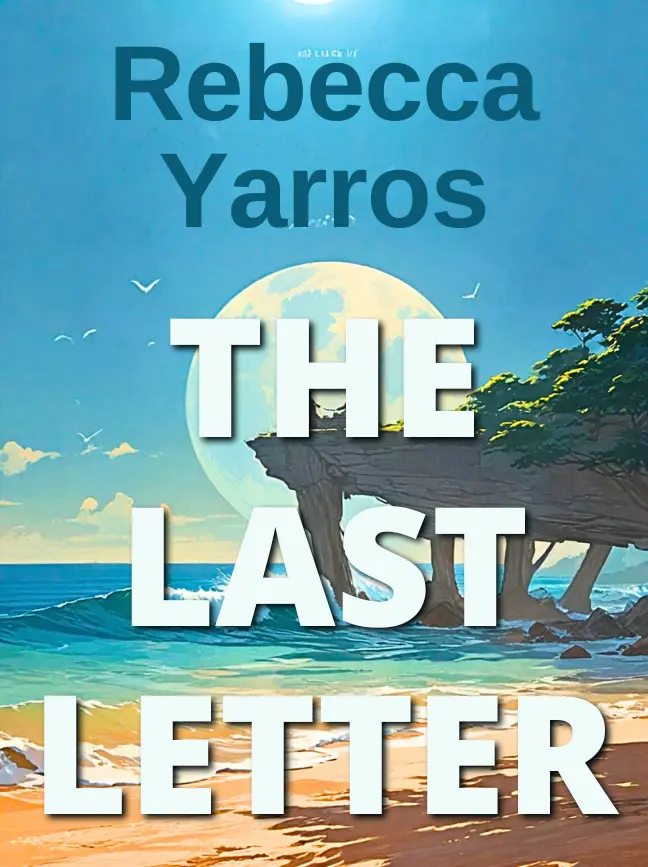their chairs tipped back, nibbling on a spear of grass, and I knew very well I was looking at what I wanted at last.
Discovery Day Dance
October 12
By the time we find the party, we’re an hour late. All the way here Papá and Pedrito and Jaimito have been working out the details of their story.
“You say how we started out early this morning to give us plenty of time, and then you say we didn’t know the way.” Papa assigns the different facts to his sons-in-law
“And you”—he looks around at me in the back seat—“you keep quiet.”
“You don’t have to plan anything when you’re telling the truth,” I remind them. But no one listens to me. Why should they? They’re probably thinking I got them into this.
Here is the truth. We arrived in San Cristóbal late this afternoon and got a room at the local hotel and changed. By then, our dresses were a mess from riding around on our laps all day. “The worse you look, the better for you,”
Patria said when I complained that I looked like I’d gotten here on a donkey.
Then we climbed back in the car and drove forever. As a man who always knows where he’s going, Jaimito couldn’t very well stop to ask for directions. Soon we were lost on the back roads somewhere near Baní. At a checkpoint, a guardia finally convinced Jaimito that we were going the wrong way. We headed back, an hour late.
Jaimito parks the Ford at the end of the long driveway, facing the road.
“In case we have to take off quickly,” he says in a low voice. He’s been a bundle of nerves about this whole outing. I guess we all have.
It’s a hike to the house. Every few steps we have to stop at a checkpoint and flash our invitation. The driveway is well lit, so at least we can see the
puddles before we splash into them. It’s been raining on and off all day, the usual October hurricane weather. This year, though, the rains seem more severe than ever, everyone says so. My theory is that the god of thunder Huracán always acts up around the holiday of the Conquistador, who killed off all his Taino devotees. When I suggest this to Patria as we walk up the drive, she gives me her pained Madonna look. “Ay, Minerva, por Dios, keep that tongue in check tonight.”
Manuel de Moya is pacing back and forth at the entrance. I recognize him from the last party, and of course his picture is always in the papers.
“Secretary of state,” people say, winking one eye. Everyone knows his real job is rounding up pretty girls for El Jefe to try out. How they get talked into it, I don’t know. Manuel de Moya is supposed to be so smooth with the ladies, they probably think they’re following the example of the Virgencita if they bed down with the Benefactor of the Fatherland.
Papa starts in on our explanation, but Don Manuel cuts him off. “This is not like him. The Spanish ambassador has been waiting.” He checks his watch, holding it to his ear as if it might whisper El Jefe’s whereabouts.
“You didn’t see any cars on the way?” Papa shakes his head, his face full of exaggerated concern.
Don Manuel snaps his fingers, and several officers rush forward for instructions. They are to keep a sharp lookout while he escorts the Mirabals to their table. We wonder at this special attention, and Papa begs Don Manuel not to go to so much bother. “This,” he says, offering me his arm, “is all my pleasure.”
We go down a long corridor, and into a courtyard hung with lanterns. The crowd hushes as we enter. The band leader stands up but then sits back down when he realizes it’s not El Jefe. Luis Alberti moved his whole orchestra from the capital just to be on call at Casa de Caoba. This is supposed to be El Jefe’s favorite party mansion, where he keeps his favorite of the moment. At the last few parties the excited gossip in the powder rooms has been that at present the house is vacant.
Only one reserved table is left in front of the dais. Don Manuel is pulling out chairs for everybody, but when I go to sit down next to Patria, he says,
“No, no, El Jefe has invited you to his table.” He indicates the head table on the dais where a few dignitaries and their wives nod in my direction. Patria and Dedé exchange a scared look.
“It is really quite an honor,” he adds when he notes my hesitation. Across the table Papa is still standing. “Go on, my daughter. You are keeping Don Manuel waiting.”
I give Papa an angry look. Has he lost all his principles?
From my vantage point at the raised table, I look around. In keeping with Discovery Day, the whole courtyard has been outfitted like one of Columbus’ ships. On each table there is a clever centerpiece—a little caravel with tissue sails and lighted candles for masts, a perfect souvenir for Mate. I size it up but decide it won’t fit in my purse.
Dedé catches my eye, smiling only after a lag of a second, for we have to seem pleased. She touches her glass and gives me the slightest nod. Don’t drink anything you are offered, the gesture reminds me. We’ve heard the stories. Young women drugged, then raped by El Jefe. But what could Dedé be thinking? That Trujillo is going to drug me right here in front of a crowd?! Then what? Manuel de Moya will drag me off to a waiting black Cadillac. Or will there be two waiting black Cadillacs, one with a leering look-alike? That’s another story. Security has introduced a double as a protective measure to confuse any would-be assassins. I roll my eyes at Dedé, and then, as she glares at me, I lift my glass in a reckless toast.
As if it were a signal, everyone rises to their feet, lifting their glasses.
There is a stir at the entrance, newspapermen swarming, flashbulbs popping. A crowd presses around him, and so I don’t see him until he’s almost at our table. He looks younger than I remember him from our performance five years ago, the hair darkened, the figure trim. It must be all that pega palo we hear he’s been drinking, a special brew his brujo cooks up to keep him sexually potent.
After the toast, the Spanish ambassador presents this illustrious descendant of the great Conquistador with yet another medal. There is some question about where to pin it on the cluttered sash that crosses his chest.
Chapita, the underground boys call him. Lío has told me that the nickname
comes from El Jefe’s childhood habit of stringing bottle caps across his chest to look like medals.
At long last, we settle down to our plates of cold sancocho. Surprisingly, El Jefe does not sit next to me. I feel more and more puzzled as to my role this evening at this table. To my left, Manuel de Moya commences reminiscing about his New York modeling days. The story is Trujillo met him on one of those shopping trips he periodically makes to the States to order his elevator shoes, his skin whiteners and creams, his satin sashes and rare bird plumes for his bicorn Napoleonic hats. He hired the model right on the spot. A tall, polished, English-speaking, white Dominican to decorate his staff.
My right-hand partner, an aging senator from San Cristóbal compliments the stew and points to an attractive, blond woman seated to Trujillo’s left.
“My wife,” he boasts, “half Cuban.”
Not knowing what to say, I nod, and lean over to pick up the napkin I dropped when I stood up for El Jefe’s entrance. Under the tablecloth, a hand is exploring the inner folds of a woman’s thigh. I work it out and realize it is Trujillo’s hand fondling the senator’s wife.
The tables are pushed back and the music starts, though I wonder that they don’t just move the party indoors. There is a strong breeze, announcing rain. Every once in a while, a gust topples a glass or caravel, and there’s a loud crash. The soldiers patrolling the edges of the party reach for their guns.
The floor remains empty as it must until El Jefe has danced the first dance.
He rises from his chair, and I am so sure he is going to ask me that I feel a twinge of disappointment when he turns instead to the wife of the Spanish ambassador. Lío’s words of warning wash over me. This regime is seductive. How else would a whole nation fall prey to this little man?
God help him! Where is he right now? Was he granted asylum by the embassy or was he caught and locked up in La Fortaleza as my premonitions keep telling me? My head throbs as my imagination dashes here and there, trying to find him safe haven.
“Could I have the honor?” Manuel de Moya is standing at my side.
I shake my head. “Ay, Don Manuel, what a headache I have.” I feel a little glee at being able to legitimately refuse him.
A cloud of annoyance crosses his face. But in a flash, he is all good manners. “We must get you a calmante then.”
“No, no,” I wave him off. “It will pass if I sit here quietly.” I stress quietly. I do not want to make conversation with Don Manuel about my headache.
When he goes off, I look over at our table. Patria lifts her eyebrows as if asking, “How are you holding up?” I touch my forehead and close my eyes a moment. She knows how I am suffering from headaches these days.
“Tension,” Mama says, and sends me away from the store for extra naps.
Patria comes up to the platform with a whole packet of calmantes.
Always the mother, that one. She’s got a handkerchief in that purse should someone sneeze, a mint to keep a child happy, a rosary in case anyone wants to pray.
I start to tell her about the hanky-panky I saw under the table, but the pervasive Manuel de Moya is beside us again. He has brought a waiter with a glass of water and two aspirin on a little silver tray. I open my hand and disclose my own pills. Don Manuel’s face falls.
“But I do need more water,” I say to show some gratitude. He presents the glass with so much ceremony, my gratitude dissolves like the pills in my stomach.
Later, at the table, I listen to him make idle conversation with the old senator about the various ailments they have both suffered. Every once in a while he checks to see if my headache is any better. Finally, after the third time, I answer him with what I know he wants. “Let’s try the country cure,”
I say, and I verify that he is not a man to trust when he asks, “What cure is that?”
We dance several sets, and sure enough, as the campesinos say, Un clavo saca otro clavo. One nail takes out another. The excited rhythm of Alberti’s “Fiesta” overwhelms the pulsing throb of my headache. And whatever else he is, Manuel de Moya is a terrific dancer. I keep throwing my head back and laughing. When I look over at our table, Patria is studying me, not quite sure what to make of my pleasure.
Everything happens very fast then. A slow bolero starts, and I feel myself being led towards where Trujillo is now dancing with the attractive, blond wife of the old senator. When we are abreast of them, Manuel de Moya lets go of my hand and opens up our couple. “Shall we visit?” he asks me, but it is El Jefe who nods. The blond woman pouts as she is whisked away. “A visit is not a long stay,” she reminds El Jefe, flashing her eyes at him over Manuel de Moya’s shoulder.
I stand a moment, my arms at my sides, feeling the same stagefright of five years back. El Jefe takes my hand. “May I have the pleasure?” He doesn’t wait for an answer, but pulls me to him. The smell of his cologne is overpowering.
His hold is proprietary and masculine, but he is not a good dancer. All firmness, and too many flourishes. A couple of times, he steps on my foot, but he does not excuse himself. “You dance very well,” he says gallantly.
“But then women from El Cibao make the best dancers and the best lovers,” he whispers, tightening his hold. I can feel the moisture of his breath on my ear.
“And your last partner, was she from El Cibao?” I ask, encouraging conversation so he has to draw back a little. I have to check myself from saying, A visit is not a long stay, you know.
He holds me out in his arms, his eyes moving over my body, exploring it rudely with his glances. “I am speaking of the national treasure in my
arms,” he says, smiling.
I laugh out loud, my fear dissipating, a dangerous sense of my own power growing. “I don’t feel very much like a national treasure.”
“And why not, a jewel like you?” His eyes sparkle with interest.
“I feel like I’m wasting my life in Ojo de Agua.”
“Perhaps we can bring you down to the capital,” he says archly.
“That’s exactly what I’m trying to convince Papa to do. I want to go to the university,” I confess, playing this man against my own father. If El Jefe says he wants me to study, Papa will have to let me. “I’ve always wanted to study law.”
He gives me the indulgent smile of an adult hearing an outrageous claim from a child. “A woman like you, a lawyer?”
I play on his vanity, and so, perhaps, become his creature like all the others. “You gave the women the vote in ‘42. You encouraged the founding of the women’s branch of the Dominican party. You’ve always been an advocate for women.”
“That I have.” He grins a naughty grin. “A woman with a mind of her own. So you want to study in the capital, eh?”
I nod decisively, at the last minute softening the gesture with a tilt of my head.
“I could see our national treasure then on a regular basis. Perhaps, I could conquer this jewel as El Conquistador conquered our island.”
The game has gone too far. “I’m afraid I’m not for conquest.”
“You already have a novio?” This can be the only explanation. Even so, engagement, marriage—such things make a conquest more interesting. “A woman like you should have many admirers.”
“I’m not interested in admirers until I have my law degree.”
A look of impatience crosses his face. Our tête-à-tête is not following its usual course. “The university is no place for a woman these days.”
“Why not, Jefe?”
He seems pleased by my referring to him by his affectionate title of Chief. By now, we are so immersed in conversation we are barely dancing.
I can feel the crowd watching us.
“It’s full of communists and agitators, who want to bring down the government. That Luperón mess, they were in back of it.” His look is fierce —as if the mere mention had summoned his enemies before him. “But we’ve been teaching those teachers their lessons all right!”
They must have caught him! “Virgilio Morales?” I blurt out. I can’t believe my own ears.
His face hardens, suspicion clouds the gaze. “You know Virgilio Morales?”
What a complete idiot I am! How can I now protect him and myself?
“His family is from El Cibao, too,” I say, choosing my words carefully. “I know the son teaches at the university.”
El Jefe’s gaze is withdrawing further and further into some back room of his mind where he tortures meaning out of the words he hears. He can tell I’m stalling. “So, you do know him?”
“Not personally, no,” I say in a little voice. Instantly, I feel ashamed of myself. I see now how easily it happens. You give in on little things, and soon you’re serving in his government, marching in his parades, sleeping in his bed.
El Jefe relaxes. “He is not a good person for you to know He and the others have turned the campus into a propaganda camp. In fact, I’m thinking of closing down the university.”
“Ay, Jefe, no,” I plead with him. “Ours is the first university in the New World. It would be such a blow to the country!”
He seems surprised by my vehemence. After a long look, he smiles again. “Maybe I will keep it open if that will draw you to our side.” And then literally, he draws me to him, so close I can feel the hardness at his groin pressing against my dress.
I push just a little against him so he’ll loosen his hold, but he pulls me tighter towards him. I feel my blood burning, my anger mounting. I push away, a little more decidedly, again he pulls me aggressively to his body. I push hard, and he finally must let me go.
“What is it?” His voice is indignant.
“Your medals,” I complain, pointing to the sash across his chest. “They are hurting me.” Too late, I recall his attachment to those chapitas.
He glares at me, and then slips the sash over his head and holds it out. An attendant quickly and reverently collects it. El Jefe smiles cynically.
“Anything else bother you about my dress I could take off?” He yanks me by the wrist, thrusting his pelvis at me in a vulgar way, and I can see my hand in an endless slow motion rise—a mind all its own—and come down on the astonished, made-up face.
And then the rain comes down hard, slapping sheets of it. The table-cloths are blown off the tables, dashing their cargo onto the floor. The candles go out. There are squeals of surprise. Women hold their beaded evening bags over their heads, trying to protect their foundering hairdos.
In a minute, Manuel de Moya is at our side directing guards to escort El Jefe indoors. A tarp is extended over us. “Qué cosa, Jefe,” Don Manuel laments, as if this inconvenience of nature were his fault.
El Jefe studies me as attendants dab at his dripping pancake. Annoyed, he pushes their hands away. I brace myself, waiting for him to give the order.
Take her away to La Fortaleza. My fear is mixed oddly with excitement at the thought that I will get to see Lío if he, too, has been captured.
But El Jefe has other plans for me. “A mind of her own, this little cibaeña!” He smirks, rubbing his cheek, then turns to Don Manuel. “Yes, yes, we will adjourn indoors. Make an announcement.” As his private guards close around him, I break away, struggling against the sea of guests
rushing indoors out of the rain. Ahead, Dedé and Patria are turning in all directions like lookouts on the mast of a ship.
“We’re going,” Patria explains, grabbing my arm. “Jaimito’s gone to get the car.”
“I don’t like this one bit,” Papá is saying, shaking his head. “We shouldn’t go without El Jefe’s permission.”
“His designs are so clear, Papá.” Patria is the oldest, and so in Mamá’s absence, her words carry weight. “We’re exposing Minerva by staying here.”
Pedrito looks up at the blowing lanterns. “The party is breaking up anyway, Don Enrique. This rain is a perfect excuse.”
Papá lifts his shoulders and lets them fall. “You young people know what you do.”
We make a dash for the covered entryway, passing a table with a caravel still standing. No one will miss it, I think, hiding the little ship in the folds of my skirt. That’s when I remember. “Ay, Patria, my purse. I left it at the table.”
We run back to get it, but can’t find it anywhere. “Probably somebody already took it in. They’ll send it to you. Nobody is going to steal from El Jefe’s house,” Patria reminds me. The caravel goes heavy in my hand.
By the time we run back to the entryway, the Ford is idling at the door and the others are already inside. Out on the highway, I recall the slap with mounting fear. No one has mentioned it, so I’m sure they didn’t see it.
Given everyone’s nerves already, I decide not to worry them with the story.
Instead, to distract myself—One nail takes out another—I go over the contents of my purse, trying to assess exactly what I’ve lost: my old wallet with a couple of pesos; my cédula, which I will have to report; a bright red Revlon lipstick I bought at El Gallo; a little Nivea tin Lío gave me with ashes of the Luperón martyrs not killed at sea.
And then, I remember them in the pocket of the lining, Lío’s letters!





